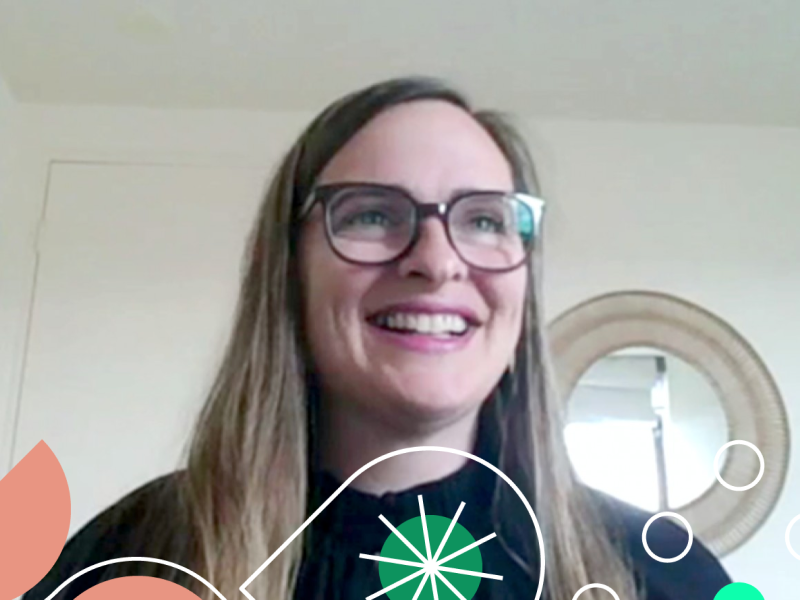Dr Dawn Gilmore | Director of Quality and Enhancement at RMIT
In this video (part 1 of 2), Dawn Gilmore discusses her approach to preserving academic quality with emphasis on online delivery, informed by her research background and passion for online learning. She covers her contributions to RMIT Online in building their teachers’ model for online course delivery, plus the coaching model used to get teachers accustomed to online teaching at a rapid pace.
Dawn explores academic quality at its basic level as a university’s response to standards set by accrediting bodies, and also sheds light on its more ‘exciting’ dimension in representing the standards that academics set for themselves and how they tell their institutional story. She observes how ‘school choice’ is increasingly impacting higher education and prompting students, government, and universities to come together in recreating expectations for the sector.
Reflecting on the COVID-19 pandemic, Dawn sees an opportunity for institutions to recalibrate to support more flexible policies and allow student experience to feature more prominently. Describing it as a moment in time that has given ‘overnight’ relevance to the extensive body of work on distance and online education, she shares a number of prominent works in the literature that educators can harness to develop their online curriculum.
In navigating academic integrity in online space, Dawn advocates for constructive alignment in course design and credits the student-teacher dynamic as the linchpin of academic quality and integrity outcomes. She contends that integrity training must be woven through all stages of the curriculum and that robust feedback loops are crucial in offsetting the motivation to cheat.




